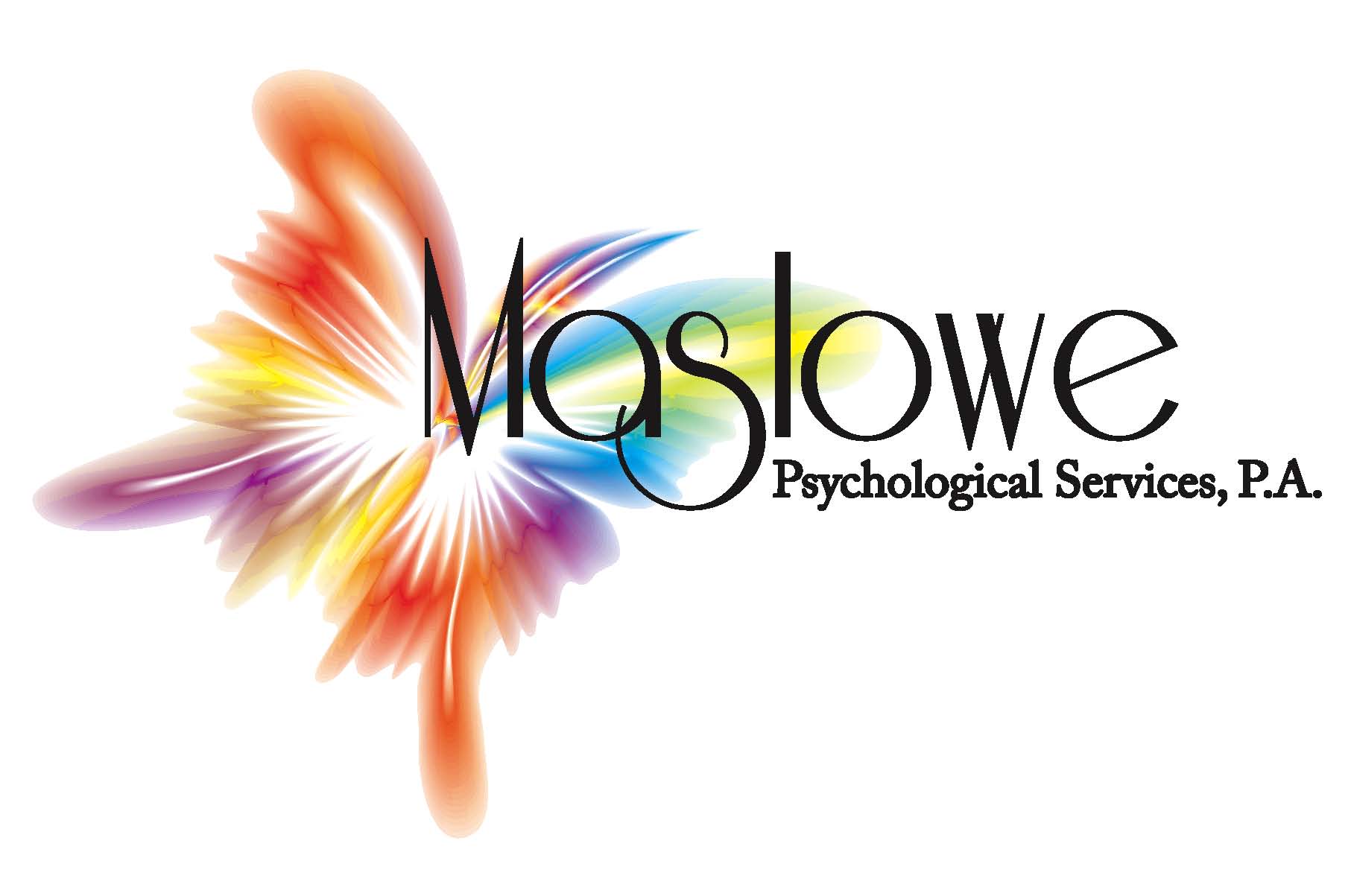What is trauma?
Trauma is an experience that pushes you beyond your coping limits and leaves a physiological and emotional wound. When trauma wounds remain unhealed, they become the lenses through which you see the world, making it difficult to have healthy and rewarding life experiences.
Trauma may be a single incident like a car accident, death of a loved one, acute illness or medical procedure, a violent criminal act, or a natural disaster. Trauma can also be ongoing like an abusive relationship or workplace, chronic illness, or exposure to the violence of war.
50-60% of individuals will experience at least one traumatic event in their lives. While many people can recover from trauma over time with the love and support of family and friends, others may discover effects of lasting trauma, which can cause a person to live with deep emotional pain, fear, confusion, or posttraumatic stress far after the event has passed, commonly called Posttraumatic Stress Disorder (PTSD).
In these circumstances, the support, guidance, and assistance of a therapist is fundamental in healing from trauma.


